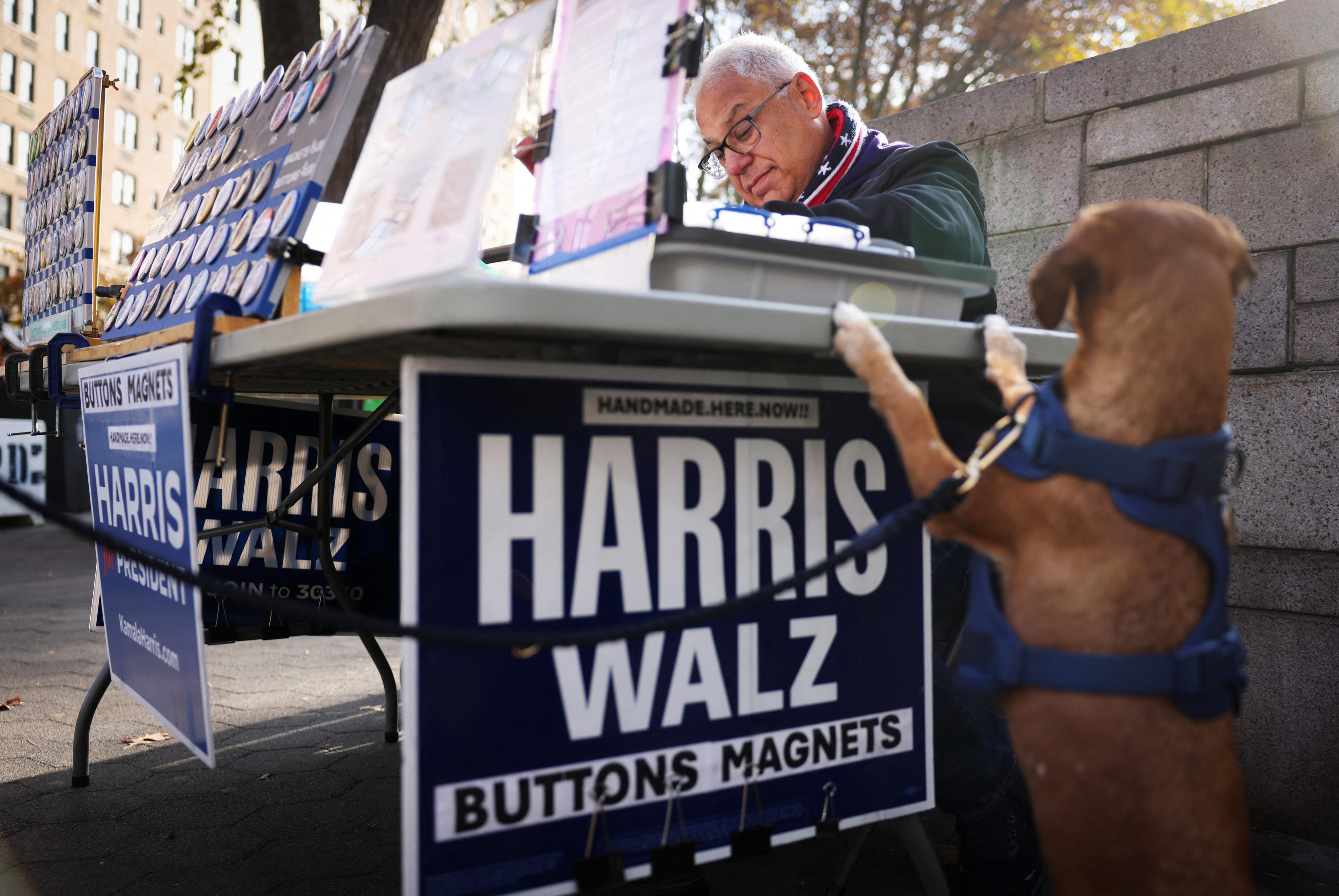EU envoy pushes for mature oil discourse

Head of EU Delegation Attilio Pacific (front left) with NUP president Robert Kyagulanyi, aka Bobi Wine (right), and other officials at the latter’s home in Magere, Wakiso District, last year. PHOTO | FILE
The outgoing head of European Union Delegation to Uganda, Attilio Pacifici, has described as “not constructive” calls by environmentalists and conservationists to halt Uganda’s oil (Lake Albert Development) project on account of greenhouse gas emissions.
Ambassador Pacifici told Sunday Monitor in a wide-ranging interview that the $10b (Shs36 trillion) oil project in mid-western Uganda offers the country immense opportunities.
“We are all in this country talking about the oil which some Europeans are worried...could cause environmental and social consequences, but this is what we have been doing for years! Europeans, Americans, Chinese have been extracting oil for years,” he said.
Ambassador Pacifici instead recommended speaking with “truth and respect” in a bid to put “to the table tangible solutions to the issues.”
He added: “Uganda has the right to use the resources it has, but wouldn’t it be a proper approach to use the time window these resources have—say if it is 20 years—to put in motion a process which will lead Uganda to be a green energy producing country in the next 20 years?”
The country announced discovery of commercial oil volumes—now estimated at 6.5 billion barrels of oil, of which 1.4 billion barrels are recoverable—17 years ago.
The journey has been a labyrinth of ups and downs, including disappointments, protracted negotiations with the oil companies, fluctuating prices for the international Brent crude oil, and the now a massive campaign to phase out fossil fuels—oil and gas, biomass, and coal—which available science shows yield significant greenhouse gas emissions than renewable energies such as wind and solar power, hydropower, and nuclear energy.
Since April 2021 when Uganda and France’s TotalEnergies EP and China’s Cnooc signed off key agreements for the proposed East African Crude Oil Pipeline (EACOP), a section of local and international NGOs and tree huggers have been nudging international banks not to finance the $3.55b (Shs13 trillion) project. The EACOP will transport Uganda’s waxy crude oil from Hoima to Tanga Port in Tanzania en route to the International market.
There are no clear timeframes for the transition from fossil fuels to clean energy, with different voices putting them anywhere between 20 and 40 years.
Ambassador Pacifici said Uganda should use the remaining time frame to leap into the future.
He said: “…in my view build a plan to enable the country to be a green country in 20 years’ time. In that way, you don’t miss anything out. This is the kind of mature conversation that we should have… the bad language and blame game doesn’t help. It takes engagement, vision, and policy.”
He added: “Remember there are few countries of the world that had telephone lines and the question at that point was: Will Africa ever have millions of kilometres of these copper cables connecting every place? At that time there was not even enough copper in the world, but then those devices; smart phones came into place and having a landline was longer needed.
Cable lines became obsolete technology and Africa jumped years and years of technology from need for landlines to cellular technology. So maybe the industrialisation of this country should skip the old fashioned industrial revolution where you employ heavy polluting machines to make mattresses, and other little things, but rather go straight to the future. It is quite possible.”
Ambassador Pacifici checks out of the country early next week. His successor, Mr Jan Sadek, previously Head of the EU Delegation to Botswana and SADC, is expected in the country shortly afterwards. Ambassador Sadex is a Swedish career diplomat with more than 25 years, out of which 14 were on tour in Africa.




